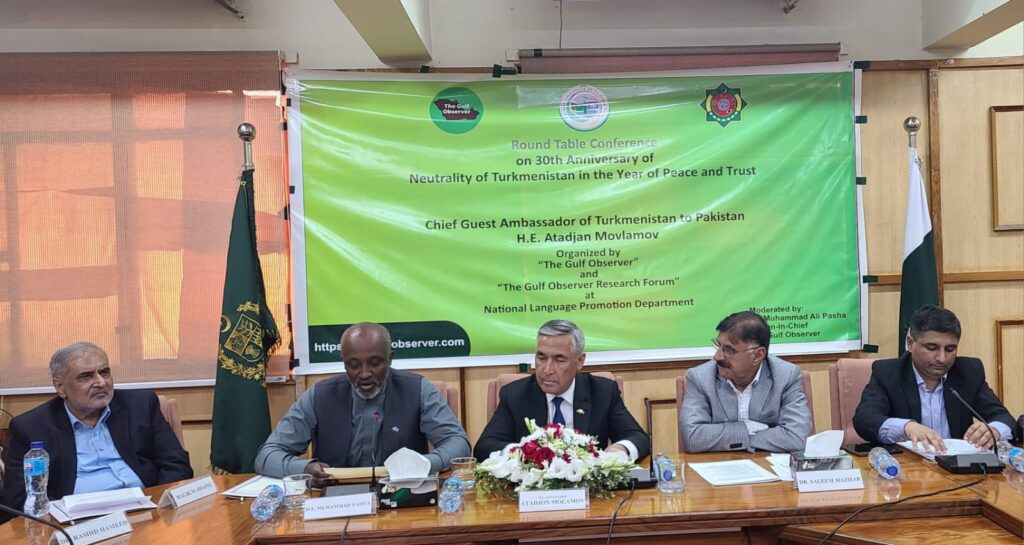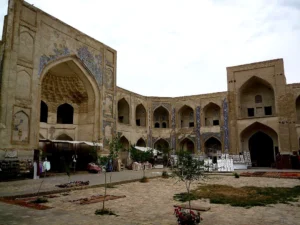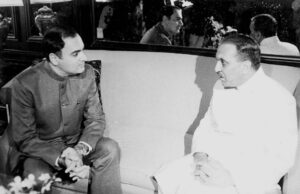UN Resident Coordinator H.E. Mohamed Yahya Delivers Address on the 30th Anniversary of Turkmenistan’s Neutrality, Celebrated in the Year of Peace and Trust

Islamabad, The Gulf Observer: The Gulf Observer and The Gulf Observer Research Forum and the Embassy of the Republic of Turkmenistan in Pakistan, organized a Round Table Conference at the National Language Promotion Department (NLPD), Islamabad, on 28th October, 2025 to commemorate the 30th Anniversary of Turkmenistan’s Permanent Neutrality — a cornerstone of Turkmenistan’s foreign policy and a beacon of peace, dialogue, and cooperation in the modern world. UN Resident Coordinator H.E. Mohamed Yahya delivered an address on the occasion of the 30th Anniversary of Turkmenistan’s Neutrality, celebrated in the Year of Peace and Trust.
Address by UN Resident Coordinator H.E. Mohamed Yahya
Excellencies, Ambassadors, distinguished guests, colleagues and friends,
Thank you for the opportunity to join this commemoration. Today’s gathering reminds us that neutrality—as recognized by the United Nations—can serve a wider purpose: opening space for dialogue, lowering tensions, and reinforcing the international rules that keep us all safer. We meet at a time when the world faces a profound trust deficit. Conflicts are becoming more complex, and polarization—offline and online—makes common ground harder to find. Communities question whether international commitments will translate into improvements in daily life. When trust erodes, cooperation falters, and the cost is measured in lives, livelihoods and lost opportunities. Against this backdrop, the United Nations’ message is straightforward: peace requires trust, and trust is built through participation and delivery. Our compass remains the UN Charter and the Universal Declaration of Human Rights— principles that point us toward dignity, security and opportunity for all.
This year’s global observance—the International Year of Peace and Trust (2025), proclaimed by the UN General Assembly at Turkmenistan’s initiative—invites every country and partner to turn that compass into concrete action: more dialogue, more confidence-building, and more practical cooperation that people can feel. To move from principle to impact, we must listen first and include early, bringing government, civil society, women and youth leaders, academia, faith communities and the private sector into the same conversation from the start. We must also align words and deeds—clear commitments, realistic timelines and transparent reporting—so that trust grows through delivery, not declarations.
Next, we should deliver shared wins through practical cooperation—trade facilitation, energy connectivity and efficiency, climate adaptation, disaster risk reduction, health security and digital public goods—that lowers risk and raises opportunity. We must safeguard the information space by supporting media literacy, independent journalism and responsible digital ecosystems, and invest in prevention so early warning triggers early diplomacy and financing, especially for local initiatives that defuse grievances before they harden.
Colleagues and friends,
The UN’s position on peace is not simply the absence of war; it is the presence of justice, opportunity and hope. And our position on trust is equally clear: trust is earned through participation and delivery. People place confidence in institutions that listen to them and improve their lives. In marking this anniversary, we also recall the UN’s recognition of neutrality and dialogue as global public goods, including the International Day of Neutrality on 12 December, which encourages all Member States and partners to advance peaceful relations through constructive engagement. The United Nations stands ready—as convener, partner and honest broker—to support initiatives that turn principle into progress: fewer lives disrupted by conflict and disaster; more children learning; more women leading; more decent jobs; and more resilient communities. Throughout the International Year of Peace and Trust, we will continue to elevate practical cooperation and quiet diplomacy that rebuild confidence and prevent crises.
Let me close with this thought: peace does not demand uniformity—it asks for the mastery of difference. Trust allows us to disagree without breaking, to negotiate without threatening, and to cooperate without losing ourselves. If we can keep that trust at the center of our work—here and everywhere—we will honor not only today’s commemoration, but the aspirations of people across our region and around the world.
I thank you.

